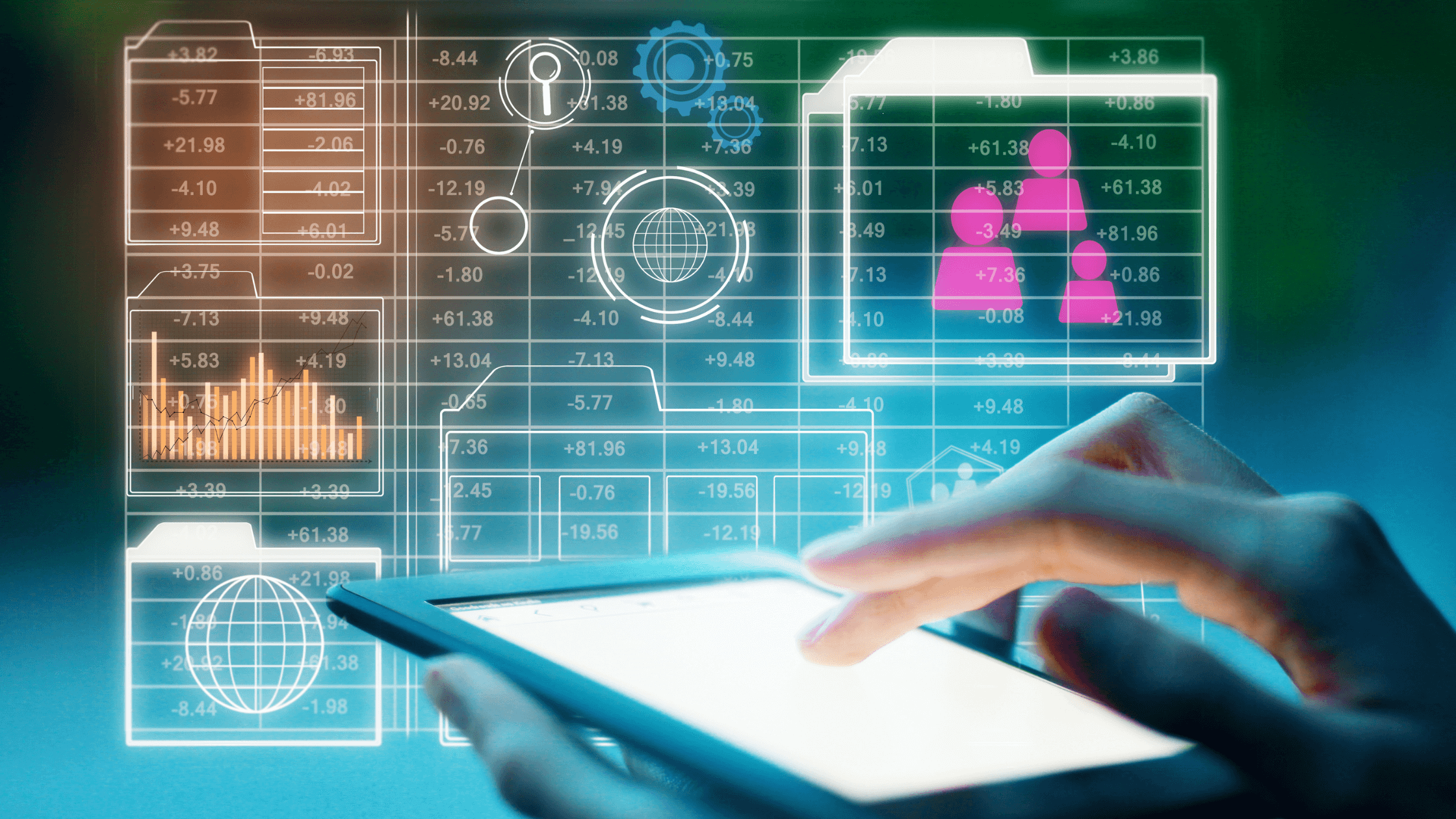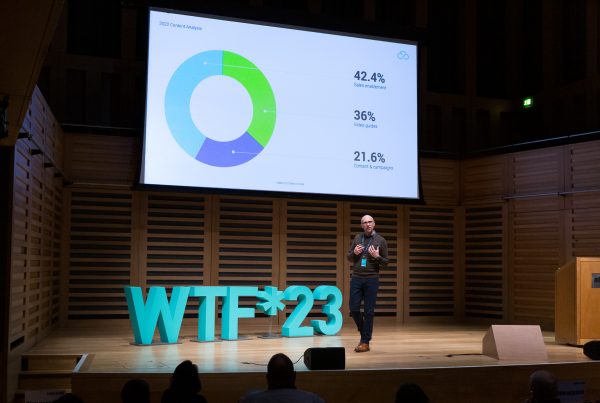For many communication-based industries, call recording has become an integral feature, with its suite of powerful tools enabling voice analytics, AI driven insights, and of course, the ability to capture and store permanent recordings and transcriptions of previous conversations.
So, lets dive into call recording and how this innovative technology is shaping lots of sectors around the world.
What is call recording?
 Call recording is the process of capturing audio, which can either be done manually using physical devices, or automatically with the use of integrated software.
Call recording is the process of capturing audio, which can either be done manually using physical devices, or automatically with the use of integrated software.
Its commonly used by contact centres to better understand the specific needs of customers, and within tightly regulated industries such as finance, healthcare, and the public sector, in which data must be closely scrutinised to ensure regulatory compliance.
Modern solutions can also provide screen capturing features, enabling visual elements, which can include presentations or screen shares, to be synchronised with audio.
How is call recording delivered?
 The cloud is a powerful way to host call recording.
The cloud is a powerful way to host call recording.
To begin with, it boasts unparalleled accessibility, since data is hosted by a third-party provider and made available globally, rather than on-premises hardware found at one location.
So long as they have reliable internet connection, team members can access call recordings no matter where they’re based, which panders to the on-going desire for hybrid working arrangements.
Cloud solutions are also continuously evolving, so businesses will always be using the latest software, which is seamlessly integrated without further costs.
And finally, but perhaps most importantly, major cloud providers such as AWS and Google Cloud will constantly improve their services to maintain the best possible security.
Recently, the industry introduced contact key verification, security keys, and more advanced data protection to safeguard sensitive communications data.
What are the legal considerations for call recording?
 Call recording is based around capturing and storing data, which often includes personal information, so there are numerous legal considerations to take when using this technology.
Call recording is based around capturing and storing data, which often includes personal information, so there are numerous legal considerations to take when using this technology.
Consent
There are rules in most countries that require consent before the recording takes place, and these may vary. However, simply informing participants they’re being recorded can be enough.
Privacy
Privacy laws are different around the world, so get to grips with region specific restrictions, otherwise you may be spreading information unlawfully.
For example, the CCPA laws that govern California, only concern themselves with businesses operating with a certain level of revenue, whereas GDPR is applicable to everyone in the EU, regardless of their reported figures.
Regulation
Certain industries may have their own measures, such as the financial sector, in which MIFiD-II compliance is needed for the delivery of advice which leads to a formal transaction. This comes with a range of requirements around how calls are captured and stores.
How does voice analytics support call recording?
 Voice analytics will provide a broader interpretation of call recordings, giving you the power to analyse the quality of conversation, sentiments expressed, and the overall quality.
Voice analytics will provide a broader interpretation of call recordings, giving you the power to analyse the quality of conversation, sentiments expressed, and the overall quality.
Understand what was said
Keywords and phrases can be carefully collated, ready for closer analysis.
Leveraging actionable data
Through sentiment analysis, you can shape further communication, whether that’s leveraging something they like, or steering clear of subjects they appear to be against.
Better your service
This software also captures your business representative, whose performance can be analysed later, with focus on whether they offered the levels of service you expect, along with keywords you require during conversations.
How do you choose your call recording software?
Requirements
Different businesses have diverse requirements; some may require software that can handle multiple calls at once, while others may prioritize multi-tenancy, so they can share the system among multiple organizations.
Integrations
What other tools do you need? And will these integrate with your desired call recording software? This may include CRM integrations, which boosts productivity and collaboration, so well worth exploring.
Testing
Lots of software companies offer free demos to try out their products, so take full advantage of this, and see for yourself whether it hits the mark.




